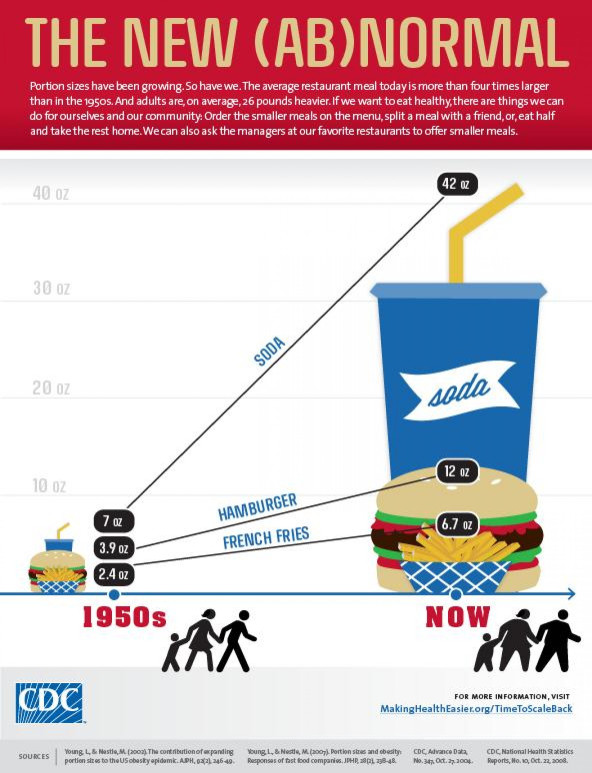Mississippi, Most Obese State In Nation, Passes 'Anti-Bloomberg' Law Against Food Regulation

Mississippi, where an estimated one in three adults are at least 30 pounds above a healthy weight, has the highest obesity rate in the United States. And now the state is about to ban any move to regulate the food and beverage industry as a means of addressing the public health crisis.
A bill awaiting Gov. Phil Bryant’s would prevent any Mississippi county from enacting rules that either require calorie counts to be posted, limit portion sizes or keep toys out of children’s value meals, the legislation states.
The so-called “Anti-Bloomberg” law was advanced in reaction to the handful of public health initiatives New York City Mayor Michael Bloomberg has championed during his tenure. The most publicized, an attempted prohibition on oversize sodas, was struck down by a judge on Monday, just one day before it was set to take effect.
The food and beverage industry lobbied heavily in favor of the law’s passage, framing it as protection against unnecessary government regulation.
“If you look at how menus have changed, whether it be in fast food or family dining, you are seeing more and more healthy options," Mike Cashion, the executive director of the Mississippi Hospitality and Restaurant Industry, told National Public Radio. "Not because of legislative mandates or regulatory mandates, but because of consumer demand. Our industry has always been one to respond to the marketplace."
Bloomberg’s unprecedented ban on sugary drinks was met with skepticism from Democrats and Republicans alike. However, research appears to back up his concerns over the restaurant industry’s huge portion sizes. The Centers for Disease Control and Prevention reports restaurant meal sizes are four times larger now than they were in the 1950s, while the average adult is 26 pounds heavier.
At this rate, almost half -- 42 percent -- of all Americans are expected to be obese by 2030, according to the American Journal of Preventive Medicine. Stemming that increase could result in at least $550 billion in health care savings over the next 20 years. Even a 1 percent reduction in the national obesity rate would reportedly save $85 billion.
{C}{C}{C}{C}{C}{C}
© Copyright IBTimes 2024. All rights reserved.





















